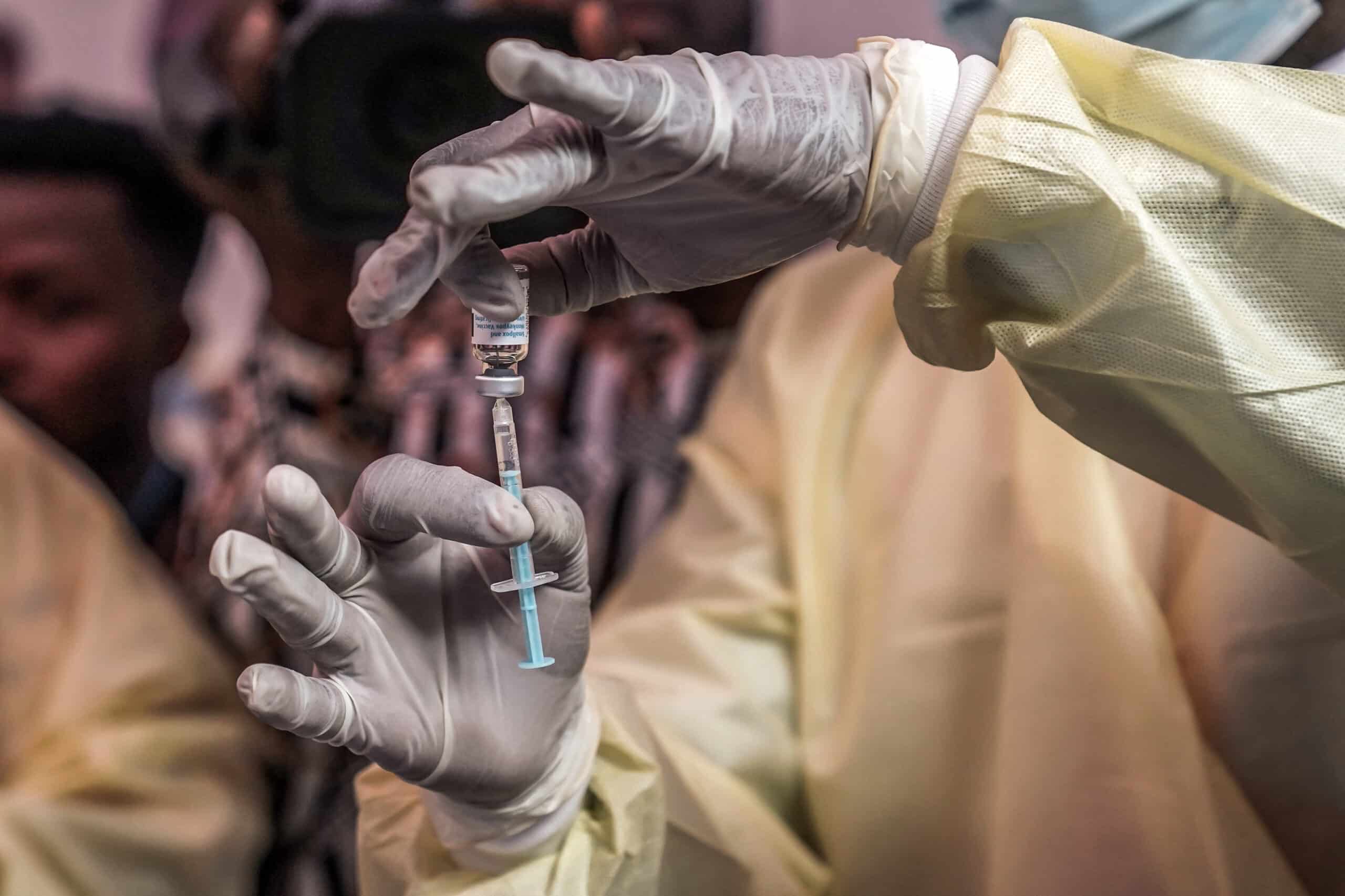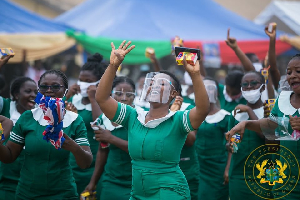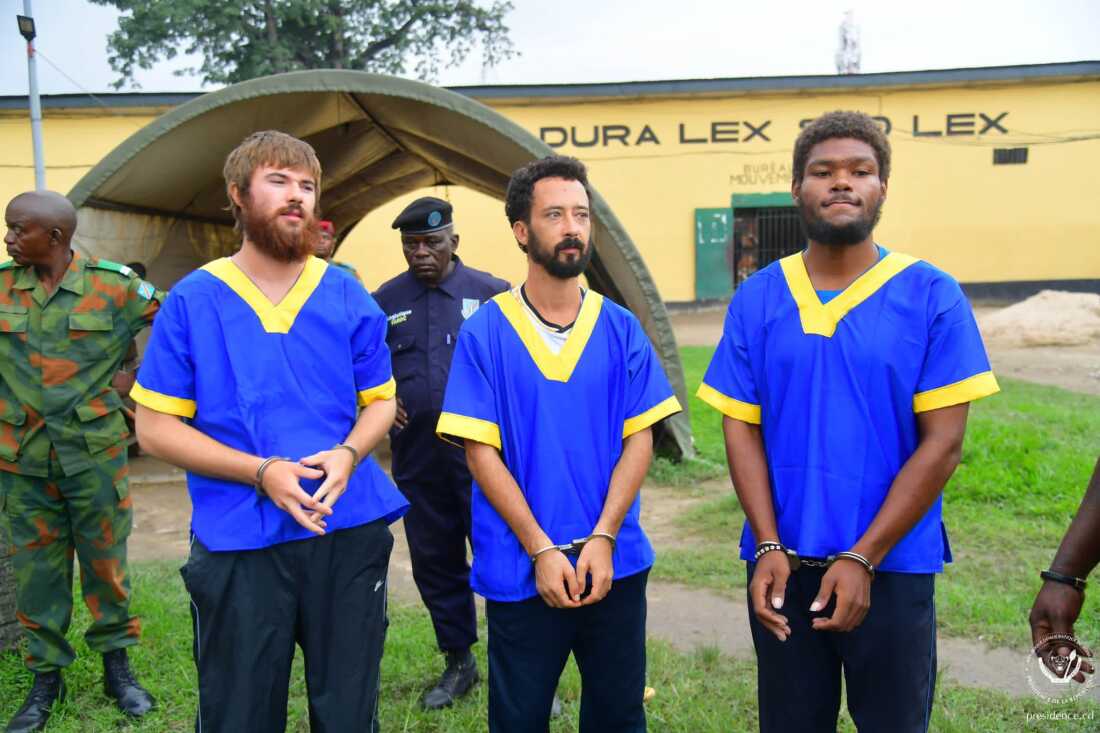WHO Confirms Mpox Remains a Public Health Emergency of International Concern

The World Health Organisation (WHO) has announced that the mpox virus continues to be a public health emergency of international concern (PHEIC). This decision followed the fourth meeting of the International Health Regulations (IHR) Emergency Committee on June 5, 2025. Mpox was initially declared a PHEIC by the WHO on August 14, 2024. WHO Director-General, Tedros Ghebreyesus, concurred with the committee's advice, stating on Monday following the meeting that the mpox upsurge still meets the criteria for an international emergency.
The committee and Mr. Ghebreyesus highlighted several reasons for maintaining the emergency status. These include a continuous rise in mpox cases globally, a notable spike in West Africa, and the likelihood of undetected transmission in some countries beyond the African continent. Furthermore, ongoing operational challenges in responding to the event, such as concerning surveillance and diagnostics, coupled with a lack of funding, make prioritizing response interventions difficult and necessitate continued international support. While acknowledging progress in response capacity in certain countries, the overall global situation remains concerning.
Global and Regional Impact: Since the beginning of 2024, more than 37,000 confirmed mpox cases have been reported to the WHO from 25 countries, resulting in 125 deaths. The Democratic Republic of the Congo (DRC) accounts for a significant portion of this burden, with 60 percent of confirmed cases and 40 percent of deaths, and continues to report between 2,000 and 3,000 suspected cases each week. Other African nations significantly affected include Uganda and Burundi. Sierra Leone has been experiencing a surge in cases since the beginning of 2025. Since the committee's previous meeting in February 2025, seven additional countries have reported mpox outbreaks for the first time: Albania, Ethiopia, Malawi, North Macedonia, South Sudan, the United Republic of Tanzania, and Togo.
Virus Clades and Transmission: Mpox cases continue to spread across multiple regions, involving both Clade I and Clade II of the virus. According to the CDC’s situation report as of June 2, 2025, Clade I Mpox is responsible for sustained transmission in countries such as Burundi, the DRC, Kenya, Malawi, Rwanda, South Sudan, Tanzania, Uganda, and Zambia, with additional reports from the Central African Republic and Republic of the Congo. Clade I has also led to localized person-to-person outbreaks in non-endemic countries through sexual contact, household exposure, and healthcare-associated spread, particularly where protective measures are lacking. Travel-related cases of Clade I Mpox have been reported in countries beyond Africa, including Australia, Brazil, China, Germany, India, the United Kingdom, and the United States. Meanwhile, the global outbreak of Clade II Mpox, driven by subclade IIb, has surpassed 100,000 cases across 122 countries, 115 of which had not previously reported Mpox. CDC data as of June 3, 2025, indicates Nigeria has recorded 332 cases and three deaths.
WHO Response and Recommendations: The WHO is actively working in all affected countries, collaborating with the Africa CDC and other partners under a shared continental response plan. Following the IHR Emergency Committee's advice, Director-General Ghebreyesus issued revised temporary recommendations for member states to guide efforts in preventing and controlling the spread of the disease. Key measures include the crucial need to improve disease surveillance systems for prompt detection and reporting of new cases, and to enhance diagnostic capabilities. Countries are urged to investigate outbreaks thoroughly to better understand transmission dynamics. A significant emphasis is placed on providing comprehensive clinical, nutritional, and psychosocial support to Mpox patients, including those in isolation or receiving home-based care, with special attention to vulnerable groups such as children, pregnant women, and people living with HIV, who face higher risks of complications. Additionally, the recommendations call for testing and treatment for other sexually transmitted infections (STIs) in cases linked to sexual contact and suggest offering HIV tests where an individual's status is unknown. Finally, it is vital to equip frontline health workers with personal protective equipment (PPE) and provide them with training on infection prevention and control measures to protect both themselves and their patients. The full report from the fourth IHR Emergency Committee meeting, detailing these recommendations further, is anticipated to be issued in the third week of June 2025.











